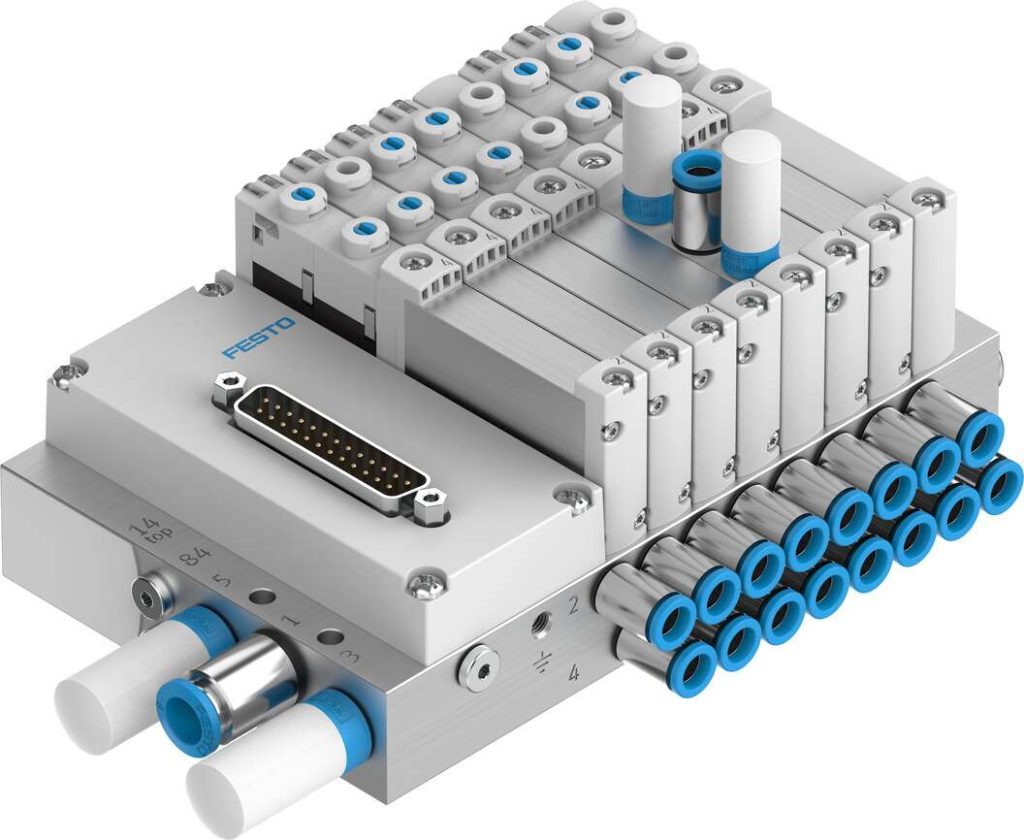FESTO Bionic Learning Networks: Paving the Future Path for Factory and Process Automation
2024-05-26
In modern factory operations, automation technology has become the core force for executing tasks, such as grasping, moving, and positioning goods, as well as controlling and regulating production processes. However, how can we further enhance the efficiency and flexibility of these technologies? The answer lies in nature. Nature, with its ingenious and efficient solutions, provides us with endless inspiration.
The Birth of Bionic Learning Networks To explore the mysteries of nature and apply them to industrial automation, Festo established the Bionic Learning Network in 2006. This is an international research network that connects Festo with top universities, research institutes, development companies, and private inventors around the world. The network is dedicated to researching and developing innovative technologies based on bionics to promote the development of factory and process automation.
Research Areas of Bionic Learning Networks
- Bionic Robots:
Bionic machine fish: By imitating the swimming style of fish, it achieves efficient and flexible underwater movement. Bionic robotic arms: Inspired by the trunk of an elephant or the tentacles of an octopus, they possess high flexibility and precise control capabilities. 2. Energy Efficiency and Resource Management:
Bionic energy systems: Utilizing the energy conversion and storage mechanisms in nature (such as photosynthesis in plants) to develop efficient energy solutions. Self-healing materials: Mimicking the self-healing function of biological tissues to develop materials that can automatically repair minor damages. 3. Intelligent Control Systems:
Swarm intelligence: Imitating the collective behavior of ant colonies, bee colonies, etc., to achieve efficient task allocation and collaboration through distributed control systems. Adaptive systems: Similar to the adaptability of living organisms to the environment, developing automated systems that can self-adjust to cope with environmental changes.
Future Prospects of Bionic Learning Networks Through continuous research and development, the Bionic Learning Network continues to introduce new future concepts and technologies, committed to bringing efficient, flexible, and intelligent solutions from nature into the field of industrial automation. Looking ahead, the Bionic Learning Network will focus on the following areas:
Smarter robots: Combining artificial intelligence and bionics to develop robots with greater adaptability and learning capabilities. Resource optimization: Optimizing resource use through bionics to reduce waste and improve production efficiency. Interdisciplinary cooperation: Strengthening cooperation with fields such as biology, materials science, computer science, etc., to promote the leapfrog development of bionic technology.
Conclusion The Bionic Learning Network not only brings new momentum to industrial automation but also provides us with a new perspective to learn from, innovate, and develop from nature. Through bionic technology, we can not only enhance industrial efficiency but also better understand and protect the wisdom in the natural world. Festo will continue to be committed to exploring this cutting-edge field, working with global partners to lead the future path of factory and process automation.
For more information about the Bionic Learning Network, please click here.